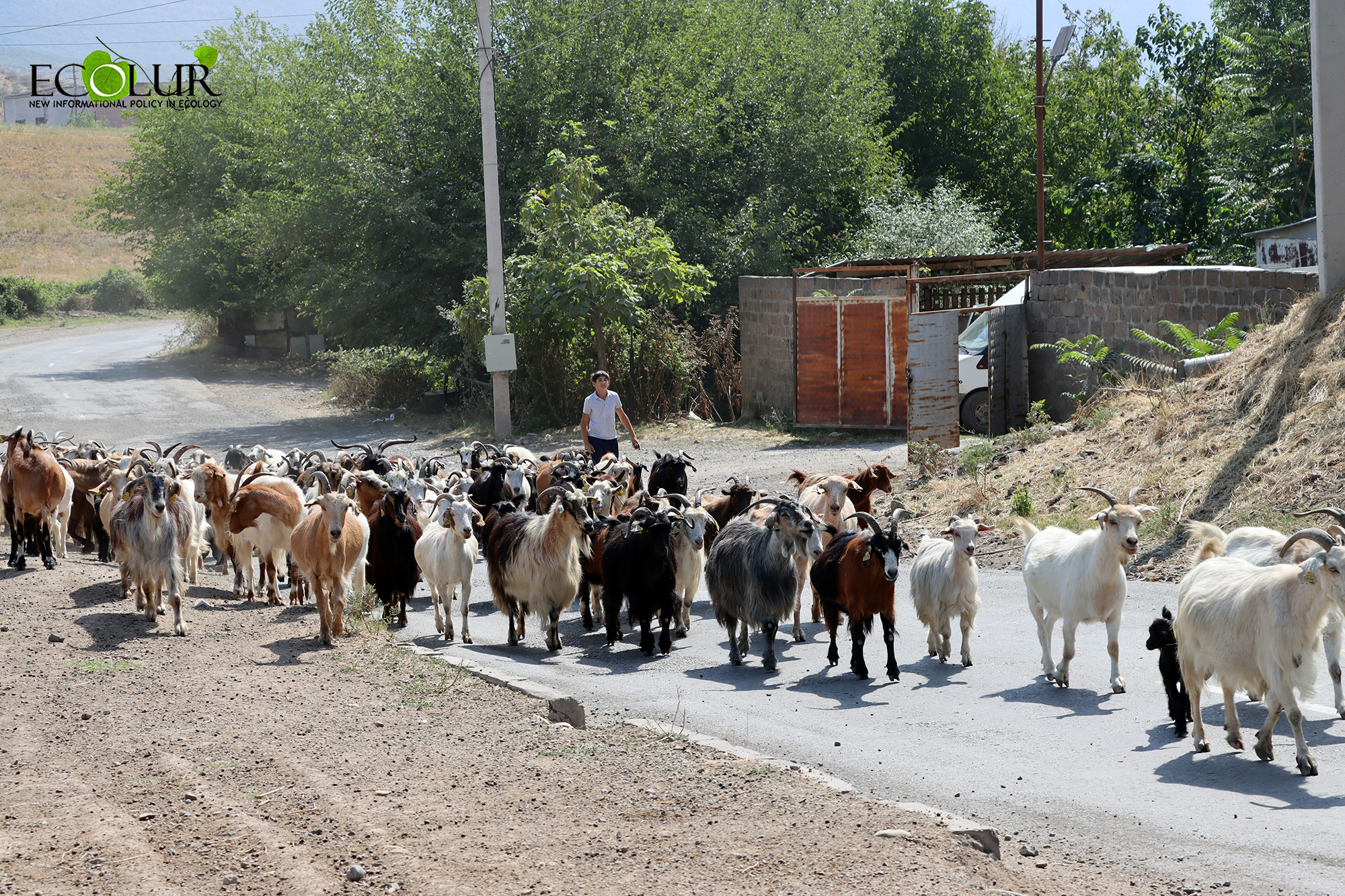

Author - Monika Yeritsyan, “EcoLur” Information NGO
The Climate Action Network in the Eastern Europe, the Caucasus and Central Asia (CAN EECCA) has prepared an overview titled “Updating NDCs in the EECCA Region: Findings for Selected Countries,” which provides recommendations for six countries in the region - Armenia, Azerbaijan, Belarus, Kazakhstan, Kyrgyzstan, and Moldova - regarding the update of their Nationally Determined Contributions (NDCs), which represent national climate commitments under the Paris Agreement.
The overview was prepared jointly with the Friedrich Ebert Foundation (FES). The opinions expressed may not coincide with the Foundation’s position.
The main goal is to determine how prepared the Parties to the Paris Agreement are to keep global warming within 1.5°C.
According to the report by the UN Environment Programme (UNEP), countries must collectively reduce their annual greenhouse gas emissions by 42% by 2030 and by 57% by 2035. Otherwise, within just a few years, the Paris Agreement’s goal of limiting the global temperature increase to 1.5°C will become unattainable.
The overview notes that the EECCA countries remain heavily dependent on fossil fuels. The analysis reflects the civil society’s perspective on how new NDCs can serve as tools for a just transition and identifies key barriers to achieving that goal.
The results of the analysis were used to prepare proposals were submitted to the government bodies in charge of updating the NDCs.
This article presents Armenia’s climate characteristics, challenges and solutions, international obligations, national policy, as well as the role of civil society and communities in shaping the country’s climate agenda.

In December 2015, the historic Paris Agreement was adopted, through which world leaders reached a common understanding to take climate action aimed at limiting global temperature rise to 2°C, while striving for a safer threshold of 1.5°C.

Although Armenia accounts for only 0.02% of global greenhouse gas emissions, the country has undertaken commitments to limit its emissions.
The National Assembly of Armenia ratified the Paris Agreement on February 8, 2017.
Climate Change and Communities

EcoLur conducted monitoring in four Armenian communities and presented the results in the study entitled “Analysis of Climate and Energy Policy Interpretation at Community Level.”
Identified problems:
- Increased frequency of hazardous hydrometeorological phenomena: droughts, frosts, hail, mudflows, landslides, erosion processes.
- Rising average annual temperatures and a decrease in precipitation levels.
- Lack of early warning systems and limited capacity to respond to natural and technogenic emergencies.
- Reduction in underground and surface water flow, drying of springs, and resulting difficulties in access to drinking and irrigation water.
- Decreased productivity of arable lands, intensified desertification processes, reduced crop yields, and declining livestock and beekeeping.
- Reduced areas of arable land, pastures, and hayfields, as well as feed base shortages.
- Increased anthropogenic pressure on natural resources.
- Shrinking forest-covered areas.
- Valuable forest species being replaced by less valuable ones.
- Declining biodiversity due to pressures on specially protected natural territories.
- Community budgets are insufficient to finance climate programs and initiatives.
- The development of solar energy has created new challenges, including reduction of agricultural land and the absence of regulations governing electronic waste management and accountability.
The study showed that about 72% of respondents in the target communities are insufficiently informed about climate policy.
Raising awareness among local administrations and residents is essential for meaningful participation in adaptation and mitigation programs, enabling them to protect their interests and rights.
The full article is here.
The continuation of this material is available in Part II, which will also present the country’s revised climate commitments.
The views, conclusions, and opinions expressed herein are those of the author(s) and do not necessarily reflect the positions of the Friedrich Ebert Foundation (FES).
.jpg)
October 22, 2025 at 18:28
